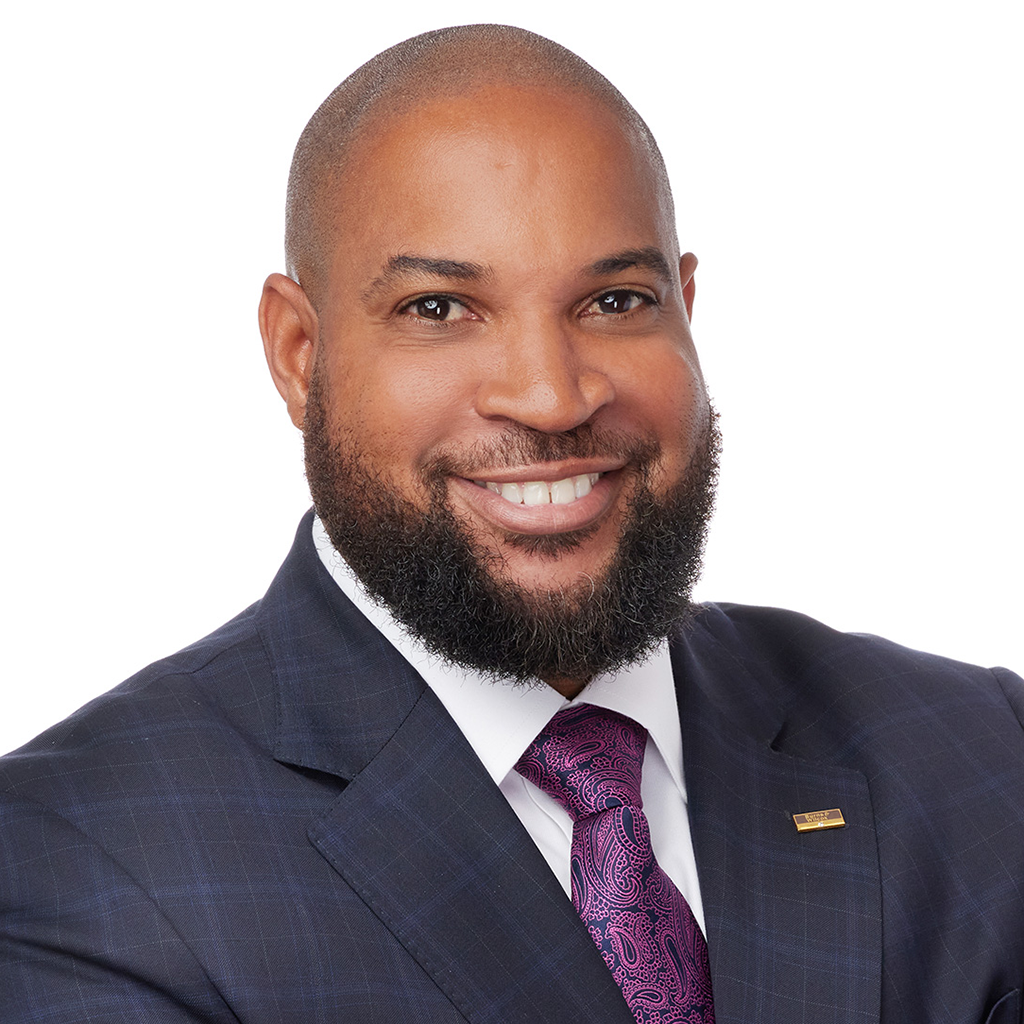Dr. Joseph DeCorso entered a guilty plea in New Jersey federal court on September 12, on charges he allegedly conspired to commit $13 million in Medicare fraud by prescribing medically unnecessary orthotic braces while working for two telemedicine firms between July 2017 and March 2019. He also agreed to pay $7 million in restitution to the government. DeCorso’s sentencing is set for January 2020.
DeCorso’s plea is just one development in what the U.S. Department of Justice (DOJ) called one of the largest health care fraud cases it has ever prosecuted. In April, the DOJ indicted 24 individuals—doctors, CEOs and COOs of telemedicine companies, and owners of durable medical equipment companies— for allegedly participating in the scheme.
As a result of the DOJ’s investigation, the U.S. Center for Medicare Services, Center for Program Integrity suspended payments in April to 130 durable medical equipment companies that submitted more than $1.7 billion in claims and were paid over $900 million.
In the health care realm, even perceived errors in judgment, negligence, misstatements or poor performance by a business owner, executive, associated professional or staff member can potentially damage a health care organization irreparably. When considering their fraud-related risks, companies in the health care sector must ensure that response and prevention strategies anticipate the financial costs and other implications of a lengthy federal investigation and subsequent legal action.

Health care fraud is detrimental to both patients’ health and their pocket. Those who are committing fraud are doing harm. They are robbing taxpayers and making it difficult for ethical providers.
According to Rahmad D. Bauldrick, Brokerage Manager, Professional and Executive Liability Center of Excellence, Burns & Wilcox, Chicago, Illinois, the stakes are high, not only for patients and taxpayers who are impacted by health care fraud, but also for providers striving to do the right thing.
“Health care fraud is detrimental to both patients’ health and their pocket,” Bauldrick said. “Those who are committing fraud are doing harm. They are robbing taxpayers and making it difficult for ethical providers.”
Health care fraud in the U.S. and Canada
On September 12, former health care executive Philip Esformes was sentenced to 20 years in federal prison. Esformes was found guilty in April on 20 federal bribery, kickback, and money-laundering charges related to his administration and ownership of a chain of 16 assisted-living and skilled-nursing facilities in Miami, Florida. According to U.S. prosecutors, Esformes billed more than $1 billion to Medicare and Medicaid for unnecessary medical services or services not provided to patients from 2006-2016.
Since 2007, federal investigators have unearthed evidence that has led to more than 4,000 Medicare fraud cases in the United States. According to the U.S. General Accountability Office (GAO), more than $700 billion flowed through the Medicare program in 2017, which made up 17 percent of federal spending. The GAO estimates that $48 million of that amount was improperly allocated, which could mean either billing unnecessarily or incorrect amounts.
Health care fraud is also a significant issue in Canada. According to the Canadian Life and Health Insurance Association (CLHIA), private insurers paid a total of $36.1 billion in health care claims in 2018 for almost 70 percent of Canadians. An estimated 2 to 10 percent of those claims—from $600 million to $3.6 billion—are believed to be fraudulent.
On September 4, a disciplinary hearing began involving an Ontario-based family physician who engaged in improper and unethical billing practices, according to the College of Physicians and Surgeons of Ontario. If found guilty by the disciplinary committee, the physician could incur a large fine and suspension or revocation of his certificate of registration.
In 2018, the Toronto Transit Commission (TTC) fired more than 200 employees for allegedly conspiring with HealthyFit, a medical equipment provider, to make fraudulent claims for orthotics, braces and compression socks. HealthyFit owner Adam Smith was eventually sentenced to two years in a federal penitentiary and three years of probation.
Identifying fraud when it happens
Detecting fraudulent activity quickly and accurately is an essential component of protecting a health care company against legal and financial repercussions.
According to Bauldrick, there are five main types of health care fraud, including:
- Billing for services not provided
- Upcoding, or improperly billing more for a service
- Renaming services to obtain insurance coverage
- Unbundling, or charging separately for services usually billed under one code
- Balance billing, which is charging a patient for the difference between the cost of the service and the insurance reimbursement
A comprehensive strategy to detect fraud and train workers goes hand-in-hand with Errors and Omissions (E&O) and Professional Liability Insurance coverage that addresses a company’s unintentional billing errors.
Health care providers should review their billing records to detect any fraudulent practices, especially patterns of activity that signal an organized effort to defraud insurance programs, Bauldrick explained. In some cases, bringing in independent examiners to scrutinize processes may be beneficial. Also, proper training for staff on billing procedures and technology is crucial, he said.
A comprehensive strategy to detect fraud and train workers goes hand-in-hand with Errors and Omissions (E&O) and Professional Liability Insurance coverage that addresses a company’s unintentional billing errors, said Bauldrick. “Mistakes can happen,” he asserted. “That is why companies are insured.”
Containing fraud-related losses
For some health care companies, the consequences of “wrongful acts” committed by an owner, officer, or staff member have led to bankruptcy. Professional Liability Insurance coverage can provide a company facing fraud-related lawsuits and criminal charges with the means to avoid financial disaster. Healthcare specific Directors and Officers Liability cover may also provide a risk transfer resource for the defense of regulatory agency actions.
When it comes to alleged violations of the False Claims Act (FCA), however, companies should explore specialized coverage to help mitigate their exposure, said Karl Olson, Vice President, Professional and Management Liability Practice Leader, Burns & Wilcox Brokerage, San Francisco, California. Under the FCA, a U.S. law passed in 1863, it is a federal crime to knowingly create a false record or file a false claim regarding any federal health care program. Medical providers under Federal health care programs such as Medicare and Medicaid or State funded health care programs may be subject to audits and investigations conducted by a myriad of agencies, including the Office of Inspector Generals, DOJ, FBI or Random Audit Contractors.
“The law is intended to protect the government from erroneous claims and billing,” said Olson, noting that the FCA has direct implications for providers that do business with large government programs like Medicare and Medicaid.
Under the FCA, whistleblowers can file a lawsuit that will reward the whistleblower if successful prosecution results in the government recovering funds lost through fraud.
In some cases, a medical provider’s Medical Professional Insurance may include a small limit coverage for a regulatory action, Olson said. To cover costs related to an FCA-related investigation or whistleblower lawsuit, company leaders should consult with specialty insurance brokers and agents to ensure comprehensive coverage.
The benefits of a specialized insurance
Only a few insurance providers offer specialized Professional Liability Insurance coverage to address fraud and abuse exposures for health care providers, according to Olson. Such coverage can be beneficial to providers of all kinds, he said, including hospitals, hospices, pharmacies, medical billing firms, long-term and managed care facilities, telemedicine companies and medical device companies.
Olson explained that Burns & Wilcox Brokerage has a comprehensive Professional Liability Insurance program that includes coverage for exposures stemming from fraud, abuse investigations and legal action; indemnification for fines and penalties associated with regulatory compliance issues, such as whistleblower actions and violations of federal regulations; as well as Cyber and Privacy Insurance coverage that addresses patient notification and forensic costs.






